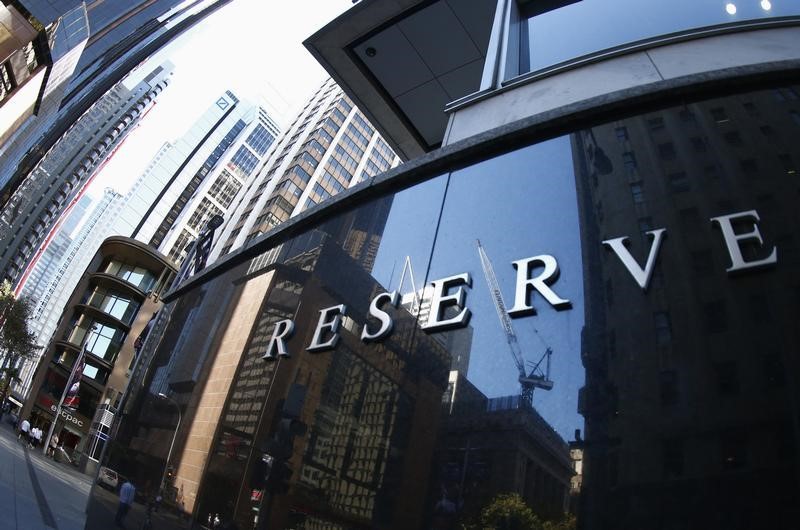(Refiles to remove extraneous word from headline)
SYDNEY, Oct 11 (Reuters) - Australian interest rates need to be set at expansionary levels to help the economy absorb spare capacity in the labour market, a process that can take several years, a top central banker said on Thursday.
Reserve Bank of Australia (RBA) Assistant Governor Luci Ellis said a falling unemployment rate was a sign that low rates were working to drive growth above trend.
"It can take a while for spare capacity to be absorbed," said Ellis, who heads the bank's economic department. "Therefore policy settings might need to be expansionary for a number of years."
Rates have been at a record low of 1.5 percent since mid-2016, and the bank has indicated they will remain there for some time yet.
In a speech to the Melbourne Institute, Ellis also drew attention to "superstar firms", those that were so productive they pulled far ahead of others in the industry with the result that markets became more concentrated.
"There is a concern here," said Ellis. "The market leader begins to reap monopoly profits, which isn't good for consumers and might not be good for long-run innovation and welfare."
The latest innovations such as machine learning and artificial intelligence could accelerate this concentration by becoming a barrier to entry.
"Using machine learning and other emerging techniques to automate routine business processes seems to involve specialist skills and, often, PhD-level training in statistics or computer science," said Ellis.
"These skills are much rarer and take longer to develop than those required for the jobs that are thereby replaced."
As a result, laggard firms may never catch up, leaving the "superstars" to gain ever more market share.
"If incumbents never face rivals, they are more likely to become complacent. Innovation could slow down, and growth in living standards with it," she warned.
